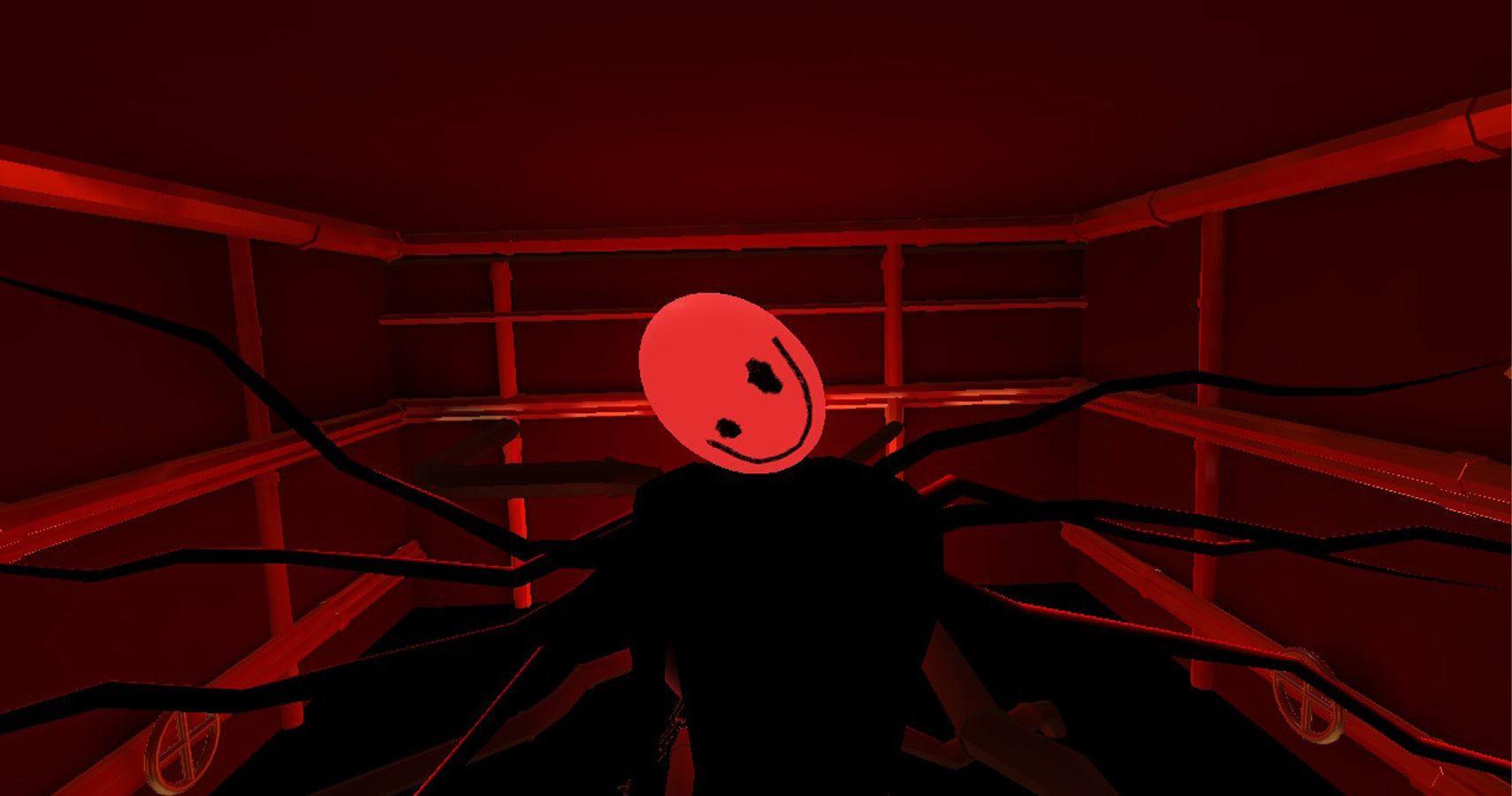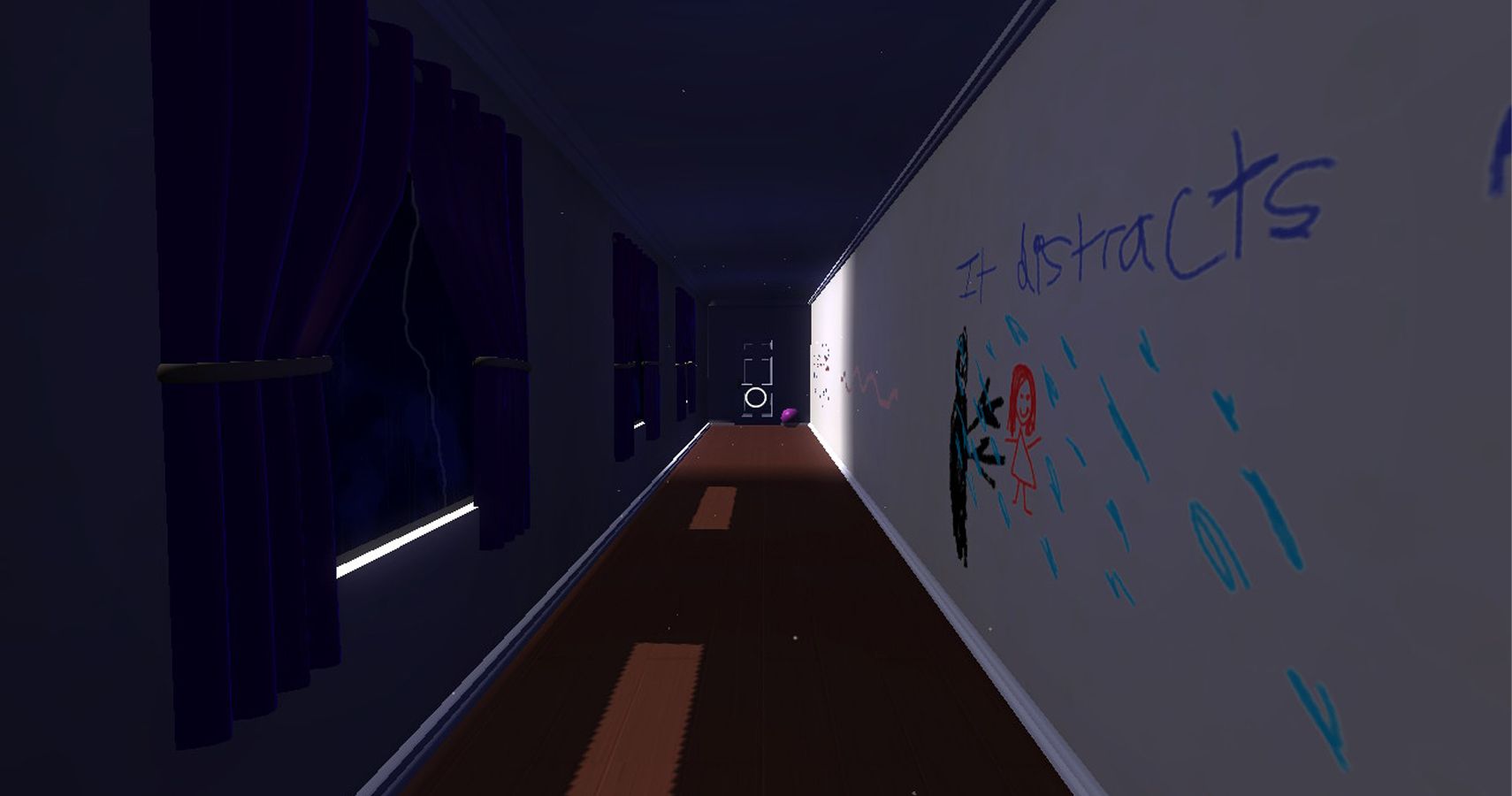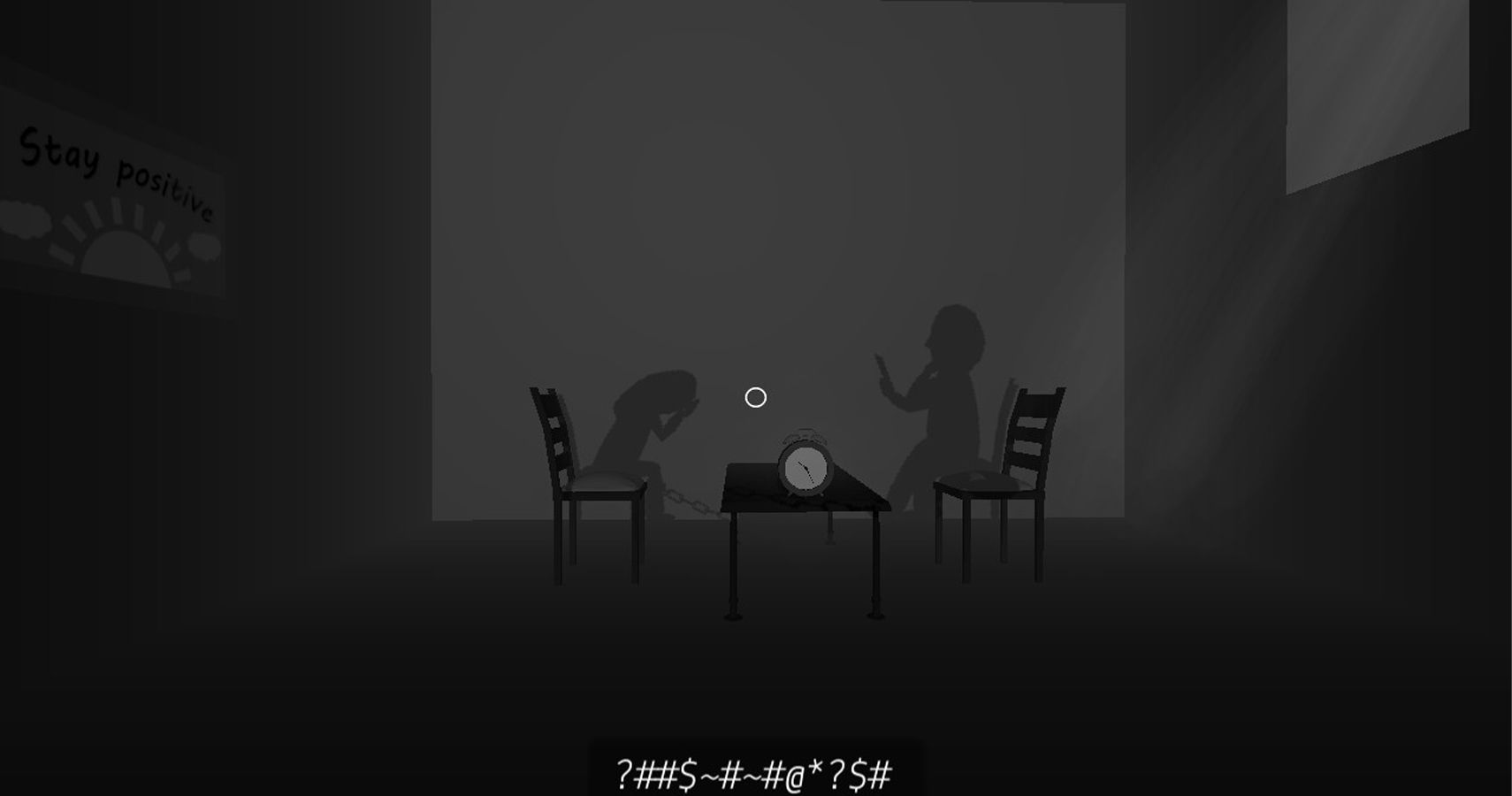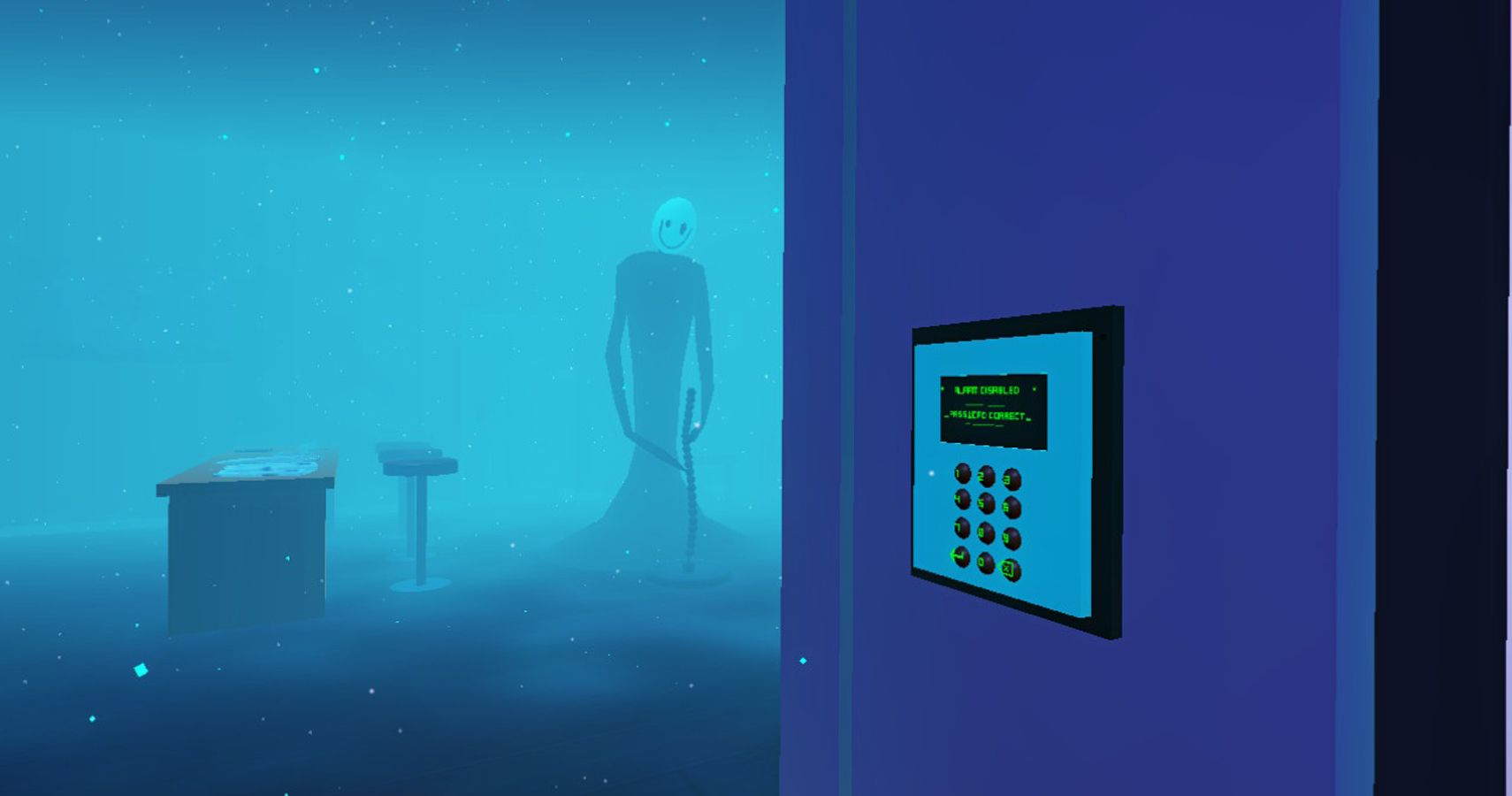The topic of mental health in gaming is becoming more and more prevalent as the taboo of talking about such delicate matters begins to fade, and awareness and understanding become more common in everyday vernacular. A few 2019 highlights included developer Jo-Mei’s Sea of Solitude, along with the announcement of Senua's Saga: Hellblade 2, which surprised gamers during last month’s Game Awards. One other released game that might have flown under your radar was Fractured Minds, which was the winning title of the BAFTA Young Game Designers Award. Fractured Minds is a very short, yet impactful game that successfully depicts various mental health issues and the loneliness associated with them.
From Pain Comes Triumph
Inspired by her own experiences, Fractured Minds comes from 17-year-old Emily Mitchell, who developed the game as a means to “create greater understanding and stand in solidarity with mental health sufferers around the world.” The game is short, taking players roughly 30-60 minutes to complete, and is made up of six chapters, each of which consists of different aspects associated with mental health.
Fractured Minds is a very lonely game. By that, I mean that there really aren’t any interactions with any of the other nameless NPCs encountered (of which there are very few). In fact, only one other character concerns themselves with you, and it just happens to be a Slenderman-styled apparition who follows you around and toys with you’re psyche, preventing you from ever really arriving at a stable, positive mental state.
Those uneasy feelings are felt throughout the entire game. Only one of the chapters has a feeling of being in a “safe place.” Every other chapter conveys a feeling of dread, anxiety, and loneliness. The feeling of dread is especially prevalent throughout the game, made even more impactful when playing Fractured Minds at night. I happened to play the game right before going to bed, which in hindsight wasn’t one of my brightest decisions.
Chapters are completed by solving puzzles, most of which are relatively straightforward and intuitive. However, as simple as the puzzles are, they are well-excited in that they are consistent in the game’s themes of uneasiness and anxiousness. There is even a boss battle (of sorts) to conclude the game, which was a nice addition to the late-game.
Mindful Design
Fractured Minds’ best feature is the small details that provide major insights into the psyche of the playable character, like the lightening-illuminated hallway level. These subtle, yet charming creative decisions create a world that many of us have experienced at some point in our life, effectively speaking to the mental health issues that many people struggle with on a daily basis.
Fractured Minds is definitely worth your time, especially for those who enjoy games like Sea of Solitude and Hellblade: Senua's Sacrifice. Available for a mere $2, it is also well worth mentioning that 80% of Fractured Minds’ proceeds go directly to Emily Mitchell and Safe In Our World, which is a video games industry charity dedicated to raising and supporting mental health awareness. So, while playing through the game itself might not leave you feeling overwhelmingly happy, you’ll at least be able to take solace in the fact that you’re supporting mental health awareness, as well as the potential of a young developer who has an incredibly bright future ahead of her.
A Switch copy of Fractured Minds was provided to TheGamer for this review. Fractured Minds is available now for PlayStation 4, Xbox One, Nintendo Switch, and PC.
Fractured Minds





